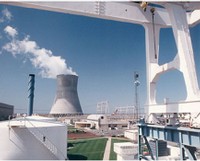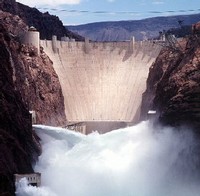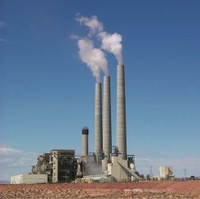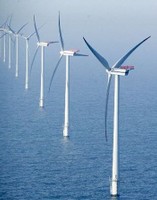Americans' Energy Source Preferences Revealed
Of the estimated 1,000 public opinion research polls on energy source preferences conducted during the last 20 years, Rutgers Professor Michael Greenberg says there are two basic types: general polls that include energy questions among a range of societal issues and hypothesis-driven, dedicated surveys that measure preferences and try to link them to underlying explanatory factors.


Greenberg’s random telephone survey covered 2,701 residents, including 2,101 living within 50 miles of 11 existing major nuclear power, waste management or laboratory facilities. Among his findings:
- More than 90 percent of respondents (nationally and site-specific) favored increased solar and wind power; 70 percent wanted greater reliance on hydroelectric sources.
- More than 40 percent favored increases in nuclear energy, more than 50 percent in natural gas.
- Less than one-third of those surveyed wanted more reliance on coal and oil, while more than 70 percent called for the decreased use of oil, and nearly 60 percent wanted to use less coal.

“Idaho has no coal plants supplying energy to residential customers, no electrical generation using oil and a limited amount of energy from natural gas,” Greenberg said. “While no nuclear power is generated in the state, it hosts a massive U.S. Department of Energy nuclear environmental management facility, and that was the first site to produce nuclear energy for local use.”
In contrast, the Oak Ridge and South Texas regions have coal, oil, natural gas and nuclear facilities, and the former has a major nuclear waste management facility, which has been a source of jobs for 50 years.

- Nuclear fuel proponents were concerned about potential harm associated with coal and trusted authorities responsible for nuclear technology. They disproportionately were older white males, relatively well educated and affluent.
- Fossil fuel proponents believed coal was not harmful, wanted energy policy to emphasize lowering consumer energy costs and did not identify with consumer activism.
- Renewables proponents worried about coal and nuclear power, were highly educated and environmental supporters.
Greenberg also found a “White Male Effect”– almost 66 percent of white male respondents favored increased reliance on nuclear fuel compared to only 35 percent of other males and females – and an “Age Effect” – older respondents were more likely to support increasing reliance on coal, natural gas, oil and nuclear power.
As for policy implications, Greenberg said:
- The overwhelming majority of Americans favor renewable energy sources and relatively few want more reliance on coal and oil.
- Officials and the energy industry disproportionately can expect white males to support a “nuclear power renaissance” and a reduction in oil use.
- Younger Americans will respond to policy initiatives by government and business to commit to renewable energy.

Media Contact: Steve Manas
732-932-7084, ext. 612
E-mail: smanas@ur.rutgers.edu